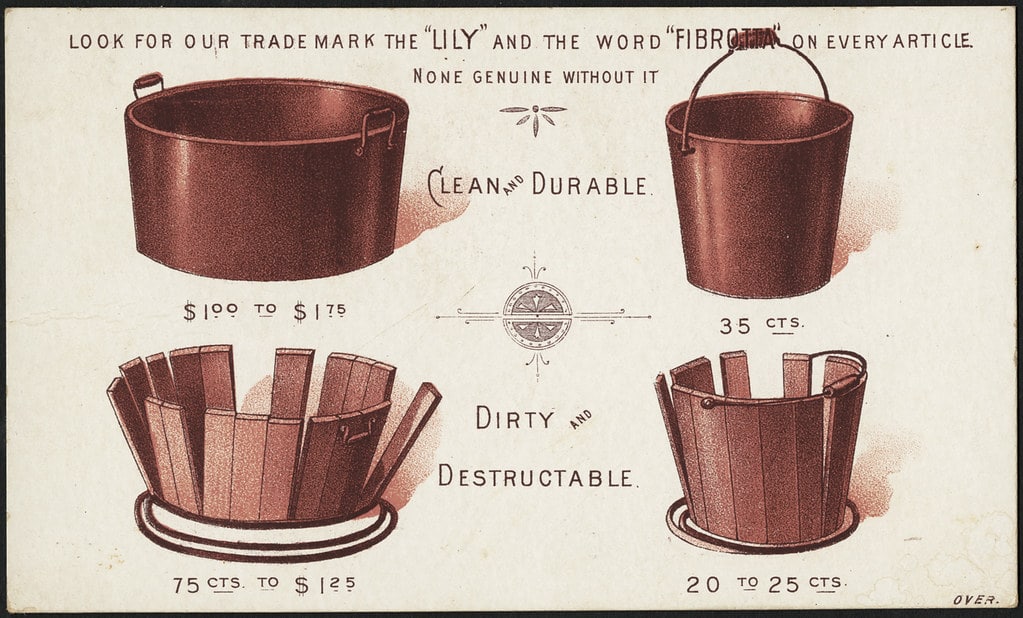Entrepreneurs and others often hear and read about the need to “create a brand” to market services or products. Indeed, there is a marketing trend suggesting that individuals need to “brand themselves” to achieve personal, financial and career success. This emphasis on “branding” can create some confusion since “branding” and “trademarking” are often seen as synonymous. But, “branding” is a broader concept that involves the strategic use of creating trademarks and registering those trademarks. Here is a quick primer.
Trademarking: The Narrower Concept
Trademarking involves creating a mark, logo, design, catchphrase, or something similar that uniquely identifies a commercial source for a product or service. Trademarks are entitled to legal protection and a trademark owner can prevent another from using a trademark already being used. To maximize the legal protection for a trademark, the trademark should be registered. For national protection, the trademark should be registered with the US Patent & Trademark (“USPTO”). Trademarks can also be registered at the state level for trademarks used wholly within the boundaries of a state. There are several requirements for registering a trademark including:
- Continual use of the trademark in commerce
- Proper and consistent use of the trademark in commerce — such as placement ON a product or packaging or use with advertising and signage
- The trademark must function as a trademark in that it must identify a company or business making/selling a product or offering a service
- In the application for registration, the trademark must be specifically identified as associated with a class of products or services
- And more
As can be seen, a trademark has an explicit commercial focus. In effect, a trademark is aimed at getting consumers to purchase a product or service. The trademark helps consumers remember a product/service, locate the product/service in the marketplace and creates consumer loyalty. A successful trademark will — hopefully — evoke certain emotions and feelings like trust and loyalty in the product/service. A good trademark will also create a business reputation for things like consistent quality, fast service, luxury, etc.
Branding: The Broader Concept
Because trademarks must satisfy legal requirements for registration, by definition, trademarks are the narrower concept. By contrast, a brand is not necessarily intended for registration and can, therefore, be much broader. As noted, trademarks have a commercial intent, whereas a brand can focus on other behaviors — like political action — rather than purchasing behavior. Take, for example, a hypothetical catchphrase “Be Strong, Be Brave.” Because this is an inspirational phrase, it cannot function as a trademark. It does not direct consumers to a product or service. But, as a brand, “Be Strong, Be Brave” might work very well by encouraging other, non-commercial, behavior. In this manner, brands have a broader focus and purpose.
Even within a commercial context, brands are the broader concept. Certainly, many brands are also trademarks and one particular brand can be marketed as the apex brand that embraces dozens or hundreds of other affiliated brands. Consider the brand “Nabisco.” Nabisco is a registered trademark, but has been marketed as a “family” of brands that includes many famous food brands/trademarks. For more information or if you have questions about creating and registering a trademark, contact the trademark lawyers at Revision Legal at 231-714-0100.




